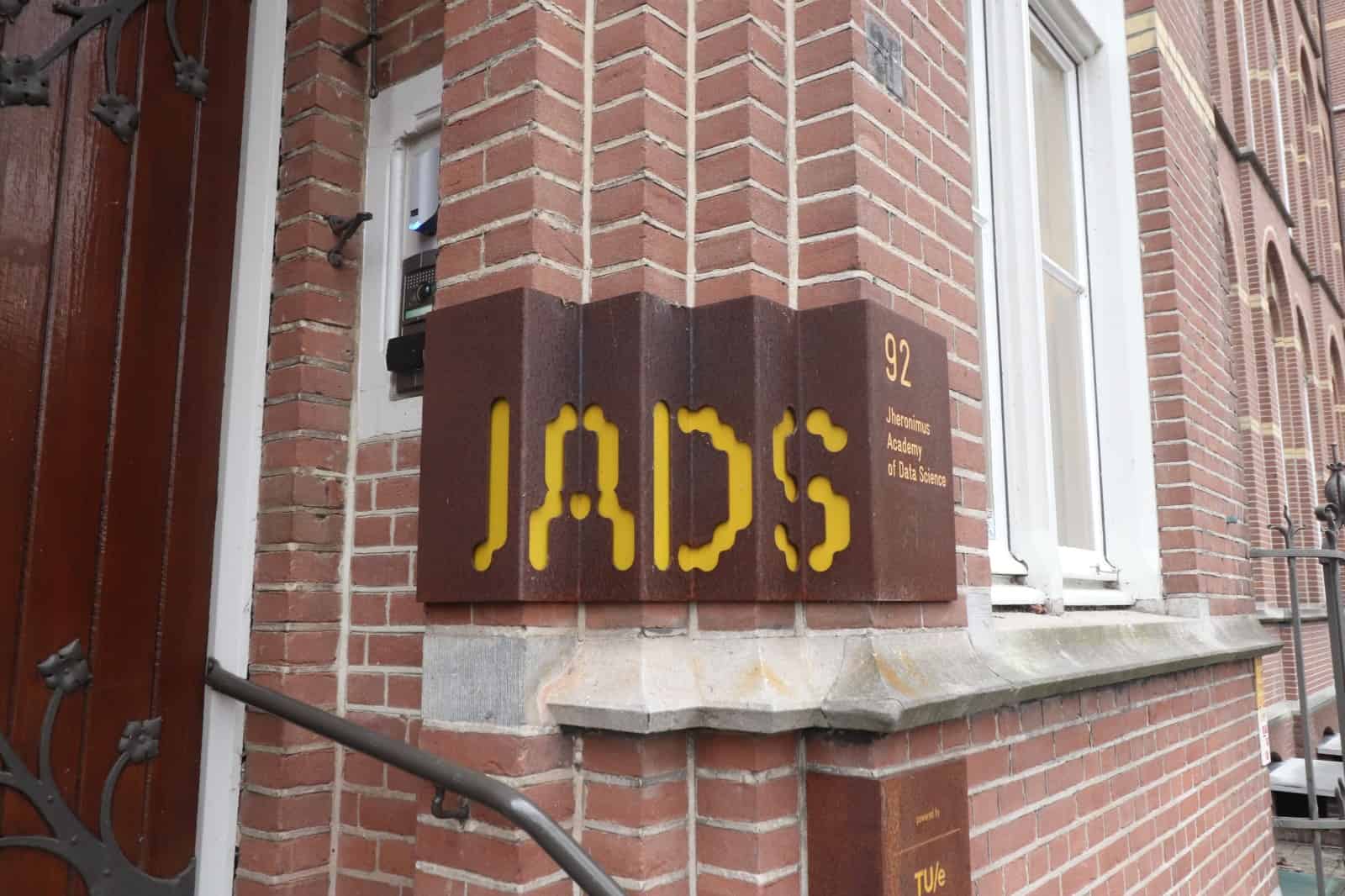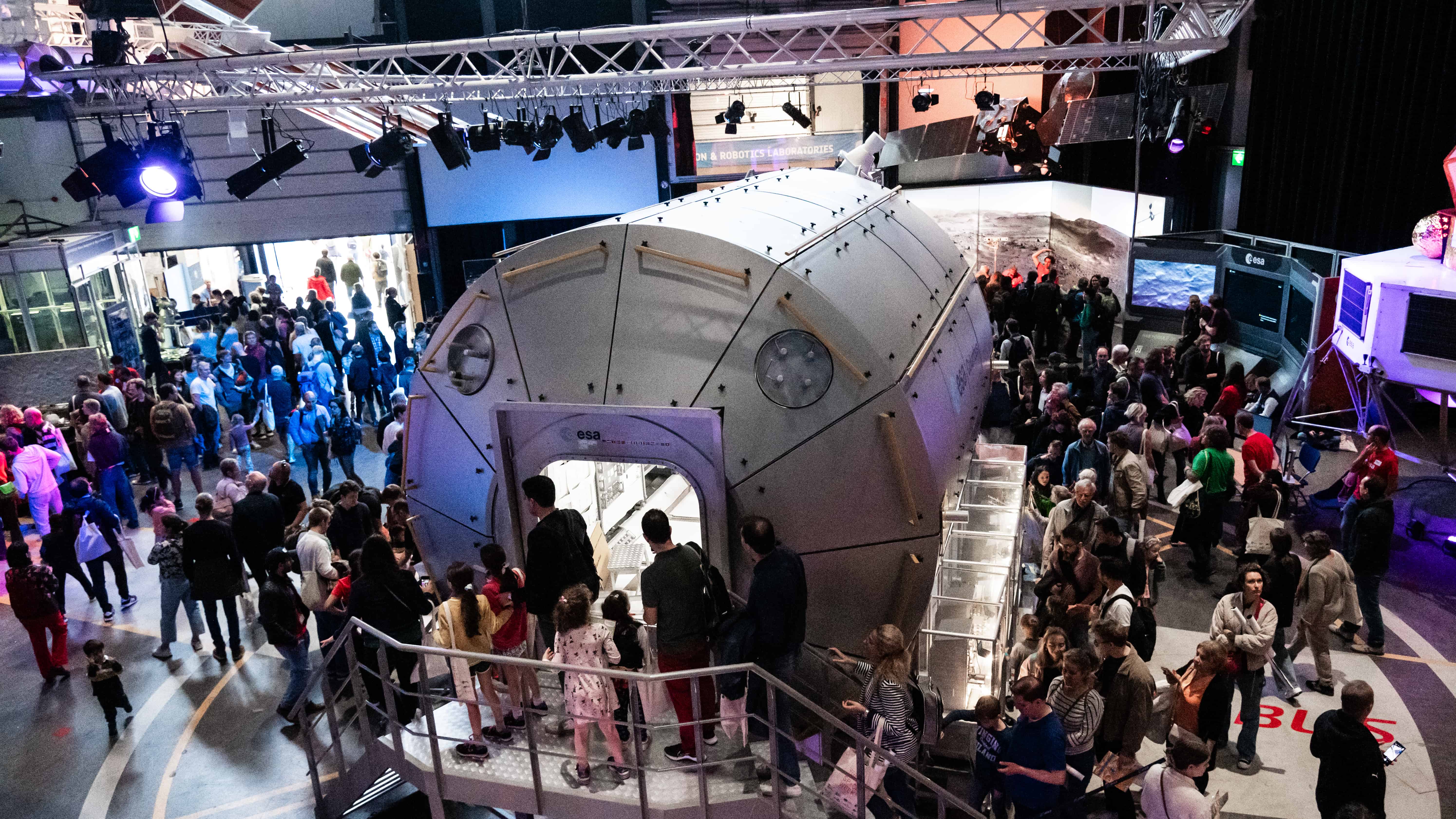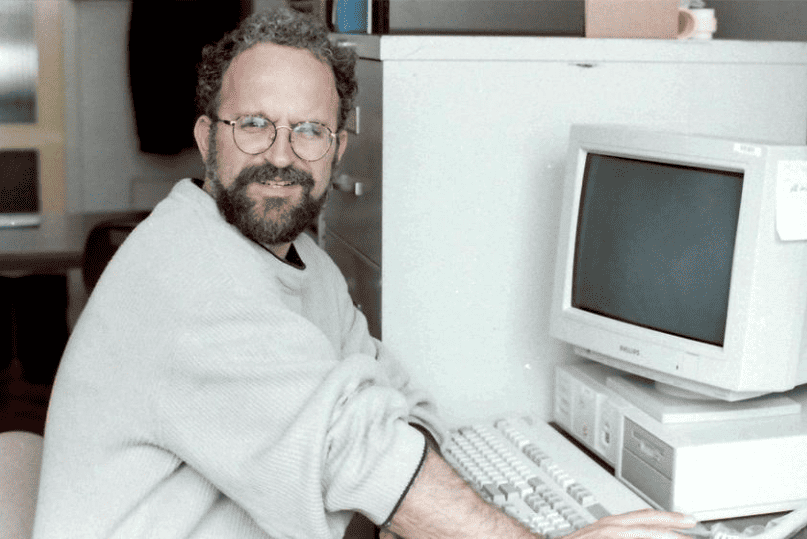
The Dutch province of Brabant and German states such as Baden-Württemberg and Bavaria have many similarities. They shine through high-tech, leading universities and a high patent density. Of course, the market and strength of the German region is many times greater than that of Brabant. That is precisely the opportunity for the economy of Brabant, says Martijn van Gruijthuijsen, deputy of Economy, Knowledge and Talent Development of the province of North Brabant.
Last week, Van Gruijthuijsen led a trade mission on behalf of the Netherlands to Baden-Württemberg with the theme of Green and Smart Mobility. This was a good opportunity for the representative to get to know the administrators of that region. He spoke with Winfried Hermann, Minister for Mobility and Infrastructure, Theresia Bauer, Minister for Science, Education and Culture and State Secretary for Economic Affairs Katrin Schütz. “I think it is important to get to know the representatives of Baden-Württemberg quickly so that I can follow up on the good relationship that Brabant already has with this region.”
Making contacts
The program included a visit to the Fraunhofer Institute, the Technical University of Karlsruhe and an incubator start-up, Arena 2036. All intended to show and hear the delegation of entrepreneurs from Brabant, who took part in the trip at the invitation of the province of North Brabant, about how knowledge institutes and companies there approach mobility and infrastructure issues. “And it was also a good opportunity to make contacts,” Van Gruijthuijsen adds.
Van Gruijthuijsen looks back with satisfaction. “It was an inspiring and successful trip. The entrepreneurs I spoke to are also satisfied with the experience.” For some it was the first time, while others had participated in a trade mission before. “It’s always exciting to see if there’s a connection. Such a trip is an investment in building relationships. Entrepreneurs who have been doing business here for some time and are familiar with the ins and outs of the business came along, for example, to make targeted contacts or deepen existing relationships.”

Germany as focus country
Germany is a focus country for the province of North Brabant. More than 11.8 billion euros, just under 20 percent of the total exports, went to the German market in 2018. The province invests heavily in this cooperation; It has, among other things, a permanent employee in Munich, and a policy officer in ‘s-Hertogenbosch, Netherlands, works full time on the relationship with Germany and the province regularly organizes visits to the various regions. In addition to Baden-Württemberg, the province focuses on Bavaria, North Rhine-Westphalia, Saxony and Thuringia.
Just after his appointment as deputy last summer, a visit to eMove360° 2019, an e-fair in Munich, followed in October. There Van Gruijthuijsen already saw that the Brabanders have a clear position to think about, for example, the charging infrastructure such as the Breda technology company PRE Power Developers. Among other things, the company supplies innovative charging technology for directly charging a car with (solar) energy, storing the energy and then using it for more than just driving, the Vehicle to Grid technology.
Being visible
The Netherlands is leading the way with this technology, says Menno Kardolus, managing director of PRE Power Developers. “Germany is catching up and is an important market for us. We are investing heavily in order to be visible there.” The company has two employees in Germany, visits every trade fair and plans to set up an office there soon. This is the first time the technology company has participated in a trade mission. Kardolus: “It is very professionally organized. And it provides just a little more official entry to companies than a visit to a trade fair.”
Validation proposition
Van Gruijthuijsen: “The Germans are known for their Gründlichkeit or thoroughness. That thoroughness is good and has always proven itself, especially in the car industry.” There is also a downside, however, as it makes a company less flexible, says Van Gruijthuijsen. “Where the German tends to wait another week, because then he’ll know for sure that it’s ready, we say: ‘Eighty percent is also a good result, let’s test it.’ That is our validation proposition. It’s a trinity of knowledge, skill and economy. We can use it to help make the automotive industry more agile, for example.”
Also with breakthrough technologies such as photonics, artificial intelligence, big data and robotics, Brabant can be of added value for Germany. The province sees opportunities not only in the automotive industry, but also in healthcare and agri-food.
Short lines of communication
The Brabant ecosystem helps to bring innovations to the market quickly. The cooperation between knowledge institutions such as Eindhoven University of Technology, University of Tilburg, Fontys Universities of Applied Sciences, Summa College, the business community and the government means that people can find each other quickly, Van Gruijthuijsen explains. “It may sound a bit exaggerated, but if Wim van de Leegte of VDL thinks: I have an interesting technique here, but I can’t quite figure it out myself, he calls Philips and they make an appointment. Maybe Philips has an idea.”
“In the province of Noord-Brabant, we create the basis on which entrepreneurs and institutions can work together. That is what enables us, as a regional government, to make a difference. That good cooperation requires long-term commitment.”
Matchmaking
The commitment to deepen and broaden the existing relationship is mutual, Van Gruijthuijsen remarked during the trade mission in the conversation with State Secretary Schütz. “The idea came up to invest in a joint Smart Industry Lab with the theme of Artificial Intelligence. We immediately gave up on that. Officials of both parties will further elaborate on the plan. For example, we are organizing a matchmaking event in Brabant to enable companies and institutions from Baden-Württemberg and Brabant to work together.”
Van Gruijthuijsen himself was very inspired by Leichtbau BW’s ThinKing Award 2019. “The award goes to experts and start-ups from Baden-Württemberg who work with lightweight materials. If you know how to apply that in a good way, you can replace steel in the automotive industry with composites, for example. Because of the reduction in weight, the electric means of transport are more economical and have a wider range.” This provides yet another starting point for entrepreneurs in Brabant to discuss with the Germans how to bring such an innovation to the market.







